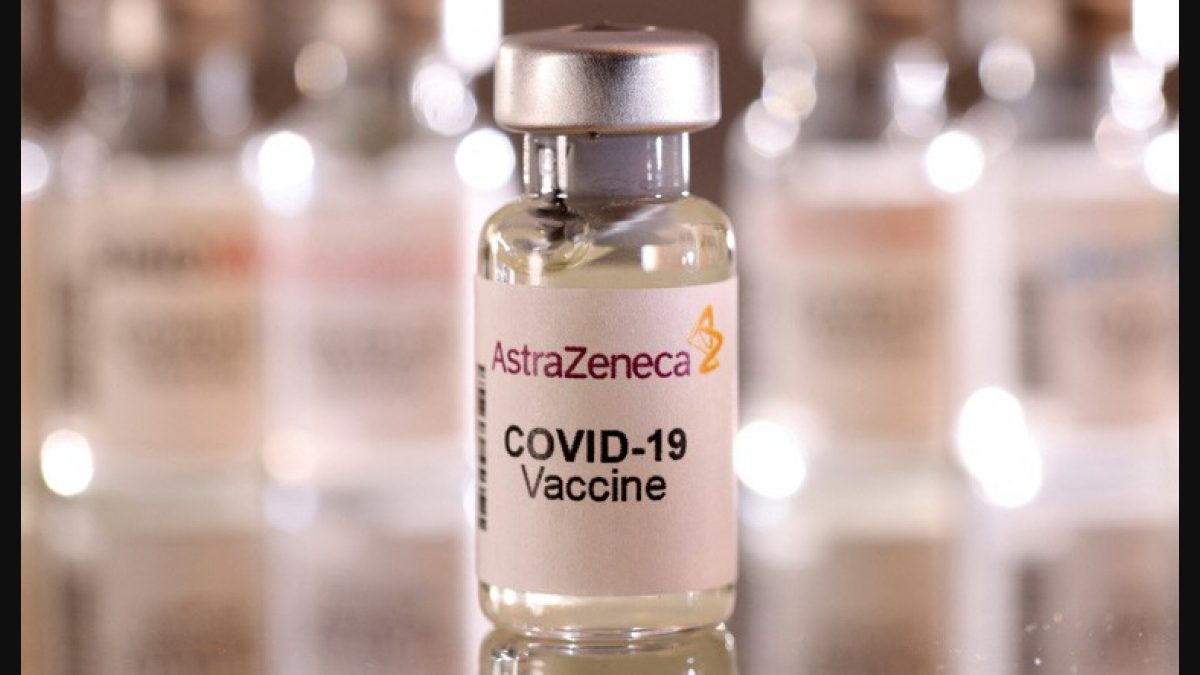In a recent development, AstraZeneca, the pharmaceutical giant behind the Covishield vaccine, has admitted a potential link to rare side effects. Covishield, a collaboration between AstraZeneca and Oxford University, was instrumental in the global fight against COVID-19.
Developed in 2020, the vaccine underwent rigorous clinical trials to assess its safety and efficacy. Following these trials, Covishield received approval from various regulatory bodies around the world in early 2021. Since then, billions of doses have been administered globally, making Covishield one of the most widely used COVID-19 vaccines.
The recent admission stems from a class-action lawsuit filed in the UK, alleging that the AstraZeneca vaccine caused serious injuries and deaths in certain individuals. While contesting these claims, AstraZeneca acknowledged in court documents submitted in February 2024 that Covishield, “in very rare cases, can cause TTS.” TTS stands for Thrombosis with Thrombocytopenia Syndrome, a condition characterized by blood clots and low platelet count.
This admission by AstraZeneca is significant for a few reasons. Firstly, it sheds light on a potential, but uncommon, side effect associated with Covishield. While the exact percentage of these rare cases remains undisclosed, it highlights the importance of continued vigilance in monitoring vaccine safety.
Secondly, this news could pave the way for a more thorough investigation into blood clot risks associated with both COVID-19 infection and vaccination. While the benefits of COVID-19 vaccines far outweigh the risks, understanding these rare side effects is crucial for informed decision-making and potentially improving vaccine safety protocols.
Finally, this development has the potential to spark a broader conversation about the side effects of various COVID-19 vaccines. Further research is necessary to determine if similar rare side effects exist with other vaccines, and if so, to what extent.
AstraZeneca’s acknowledgement of a potential link between Covishield and rare blood clot occurrences is a significant development. It underscores the need for ongoing monitoring of vaccine safety and further investigation into blood clot risks associated with both COVID-19 infection and vaccination. This news, while concerning, should not overshadow the overwhelming effectiveness of COVID-19 vaccines in preventing serious illness, hospitalization, and death.

